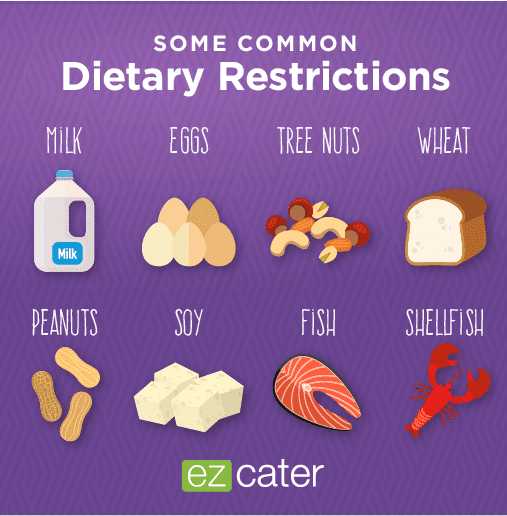
The Evolution of Special Diets: Understanding the Latest Trends and Options
In today’s health-conscious world, eating habits have become a focal point for many individuals. With a growing awareness of the importance of proper nutrition, special diets have evolved to cater to diverse needs, preferences, and health conditions. From conventional diets to modern alternatives, understanding the various options can empower individuals to make informed choices and achieve their health goals.
Definition of Special Diets
Special diets refer to customized eating regimens that deviate from the conventional Western diet, which focuses on meat, dairy products, and processed foods. These specialized diets aim to address specific issues, such as:
- Digestive health: Irritable bowel syndrome (IBS), Crohn’s disease, and ulcerative colitis can be managed through diets tailored to individual needs.
- Autoimmune disorders: Diets addressing conditions like rheumatoid arthritis, lupus, and multiple sclerosis help alleviate symptoms and promote disease management.
- Weight management: Reducing calorie intake, increasing exercise, and focusing on nutrient-dense foods can lead to successful weight loss.
- Food allergies and intolerances: Eliminating specific food groups or ingredients can alleviate symptoms caused by allergies, intolerances, and sensitivities.
- Ethno-cultural and religious beliefs: Foods and dietary practices play an essential role in cultural and religious beliefs, such as kosher, halal, and vegan lifestyles.
Modern Special Diets
Here are some of the most popular modern special diets:
- Ketogenic Diet (Keto): A high-fat, low-carbohydrate diet that induces ketosis, a metabolic state in which the body burns fat for fuel.
- Plant-Based or Vegan Diet: Exclusively plant-based, with minimal or no animal products, emphasizing protein-rich legumes, nuts, and grains.
- Paleo or Caveman Diet: Reverting to ancestral eating patterns, focusing on whole, unprocessed foods, and eliminating grains, dairy products, and processed foods.
- DASH (Dietary Approaches to Stop Hypertension) Diet: A balanced eating plan designed to lower blood pressure through whole grains, fruits, vegetables, and lean protein sources.
- Blood Type Diet: Based on the idea that an individual’s diet should be tailored to their blood type for optimal health and disease prevention.
Benefits and Considerations
While special diets can be beneficial in addressing specific health concerns, it’s essential to consider the following:
Benefits:
- Improved digestion and nutrition
- Weight loss and management
- Reduced risk of chronic diseases
- Simplified meal planning and preparation
- Increased food variety
Considerations:
- Potential nutrient deficiencies
- Social and logistical challenges (e.g., when eating out or traveling)
- Restrictive nature, which can lead to feelings of deprivation or limitations
- Potential interactions with certain medications or health conditions
Conclusion
Special diets have become a key aspect of modern health and wellness strategies. By understanding the various options and approaches, individuals can make informed decisions, address specific health concerns, and embark on a journey towards optimal nutrition and health. It’s crucial, however, to consult with a healthcare professional or registered dietitian to determine the most suitable diet for individual needs, ensuring a balanced and sustainable relationship with food.
